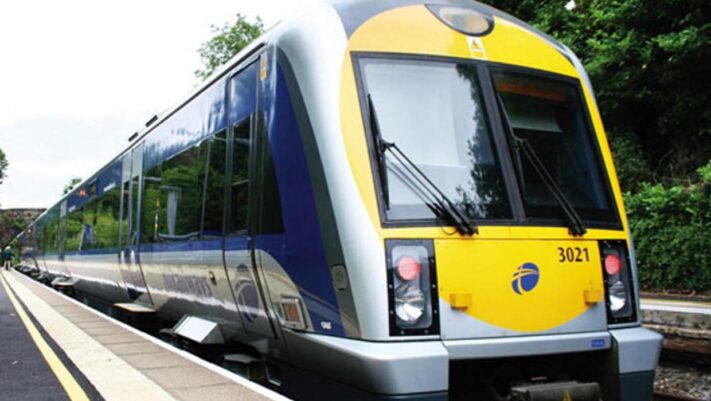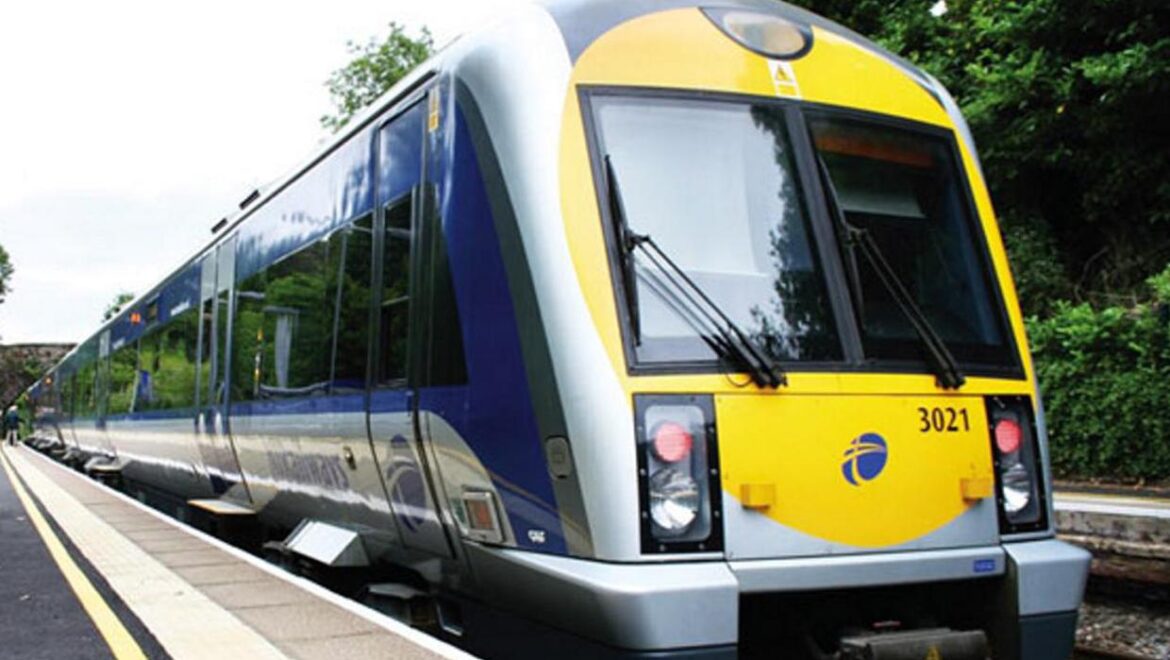 SDLP Infrastructure Spokesperson Mark H Durkan has said a failure to invest in the public transport network is leading to price increases for the public.
SDLP Infrastructure Spokesperson Mark H Durkan has said a failure to invest in the public transport network is leading to price increases for the public.
Translink has announced a restructure of its rail fares to create a standardised pricing structure across its railway network.
The changes, which will be implemented from Monday, 6th November 2023, will see fares aligned on a cost per mile basis.
The move marks the second public transport fare increase this year.
In March Secretary of State Chris Heaton-Harris directed Translink to raise prices, with a 7% increase being put in place.
Said the Foyle MLA: “At a time when we should be incentivising and reducing costs for public transport, it’s regrettable that passengers will be hit with yet another fare increase.
“So many in our society rely on public transport, particularly our younger and older generations, to get them to school, work and important appointments and it’s deeply disappointing that they now face further costs as a result of this decision.
“It is however some small consolation that prices for iLink and yLink customers will not be affected.
“I’ve been advised that fares for the Derry to Belfast rail service have been capped and have sought further clarity on what that means in real terms to ensure that rail users in the North West are not disproportionately impacted.
“Translink has confirmed that both single and return fares for this route will remain at the existing price.
“Budget cuts within the Department for Infrastructure have hindered the ability to cover Translink’s predicted annual losses.
“Steps need to be taken to improve its sustainability and as the battle to keep public transport viable continues, it is falling to the public to foot the bill for the failure to invest in bus and rail services.
“I understand the pressures Translink face and the continued efforts of their staff, but at a time when we are encouraging people to use more sustainable forms of transport, price hikes will prove counterintuitive to that aim.
“If we’re serious about tackling the climate emergency then we need to take steps to make cleaner modes of transport more accessible.
“We need to encourage more people to use public transport, not put them off due to the costs involved,” added Mr Durkan.
Tags:





